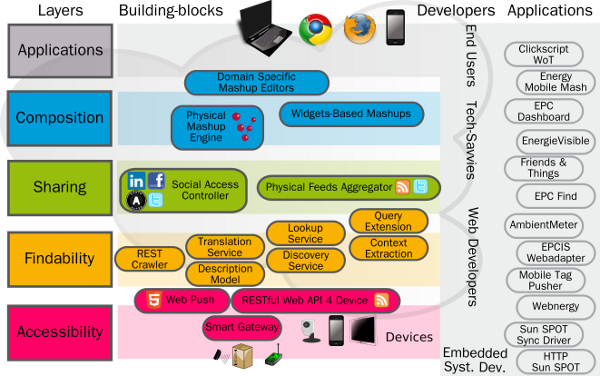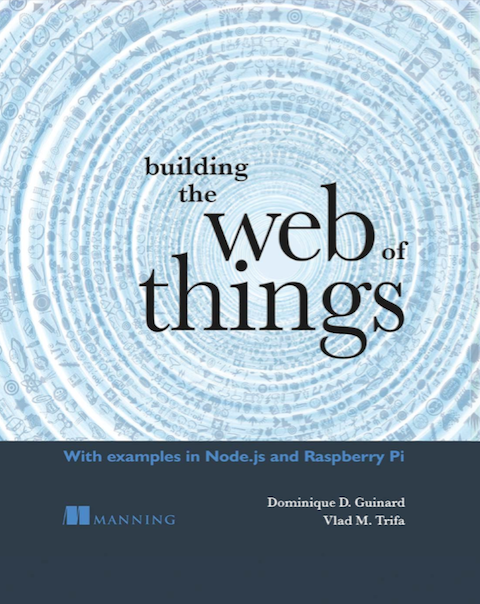PhD Thesis: A Web of Things Application Architecture
Thesis Download | Citation Key | Presentation News: This PhD Thesis was awarded with an ETH Medal. As the eternal second (although my thesis was finished first ;-P), I’m following Vlad’s great idea to make the final version of my thesis available to you, WoTters! Vlad and I were always pretty complementary in building our shared vision of the Web of Things. As such, my thesis is focusing more on the “software engineering” aspects of the Web of Things. I’d like to see it as a cookbook for implementing the Web of Things in such a way that for every...





